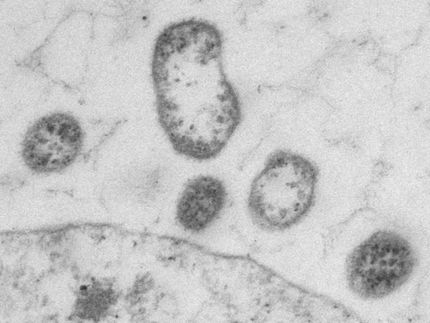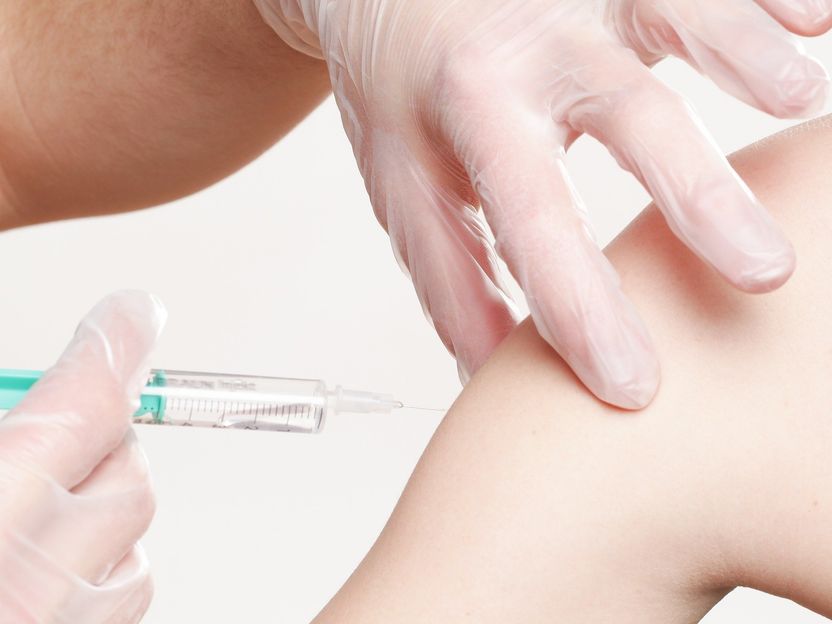Mice with human antigen presenting molecules demonstrate strong responses to novel melanoma peptide vaccine
Generex Biotechnology Corporation announced the publication of a milestone paper in the prestigious cancer research journal Journal of Immunotherapy. This paper reports a late preclinical step in validating a novel melanoma vaccine for clinical trials. Parallel peptides containing MHC class II epitopes of the HER-2/neu antigen are in trials with patients with breast cancer.
Nikoletta Kallinteris is the leading scientist and first author of this paper entitled: "Insertion of melanoma gp100(48-56) epitope into the Ii-Key/MHC class II epitope hybrid peptide enhances CD4+ T cell responses in HLA-DR*0401 transgenic mice." This paper reports her work of the past two years on a novel concept in melanoma vaccination. The model uses a special type of mouse in which human antigenic epitope presenting molecules have been introduced genetically, with suppression of the comparable mouse molecules. By these means, the mice more closely model the human immunological situation.
Lea Kallinteris explained that cancer clinicians in many academic cancer centers have shown that peptide vaccines offer significant hope for immunotherapies in patients with established and potentially recurrent cancers. Melanoma is one of the most advanced models for identification and use of such peptide vaccines.
She further explained that many vaccine peptides have been developed for stimulation of patients' cytotoxic T lymphocytes to kill cancer cells. However, clinical trials with such vaccine peptides do not demonstrate particularly robust results. The reason for this lack of potency stems in part from the fact that those vaccine peptides do not boost T helper cells, which up-regulate the cytotoxic T lymphocytes and provide long-term immunological memory.
Antigen Express scientists had developed a novel method to stimulate T helper cells with a hybrid vaccine peptide linking the peptide recognized by T-helper cells through a simple chemical linker to an immunoregulatory segment of the Ii-protein (the Ii-Key peptide). MHC class II epitopes in such Ii-Key hybrid peptides are presented 200 times more effectively than the epitope-only peptide in vitro. In this paper Lea Kallinteris demonstrated a potent boost of response in immunized mice.
Most read news
Topics
Organizations
Other news from the department research and development

Get the life science industry in your inbox
By submitting this form you agree that LUMITOS AG will send you the newsletter(s) selected above by email. Your data will not be passed on to third parties. Your data will be stored and processed in accordance with our data protection regulations. LUMITOS may contact you by email for the purpose of advertising or market and opinion surveys. You can revoke your consent at any time without giving reasons to LUMITOS AG, Ernst-Augustin-Str. 2, 12489 Berlin, Germany or by e-mail at revoke@lumitos.com with effect for the future. In addition, each email contains a link to unsubscribe from the corresponding newsletter.
























































